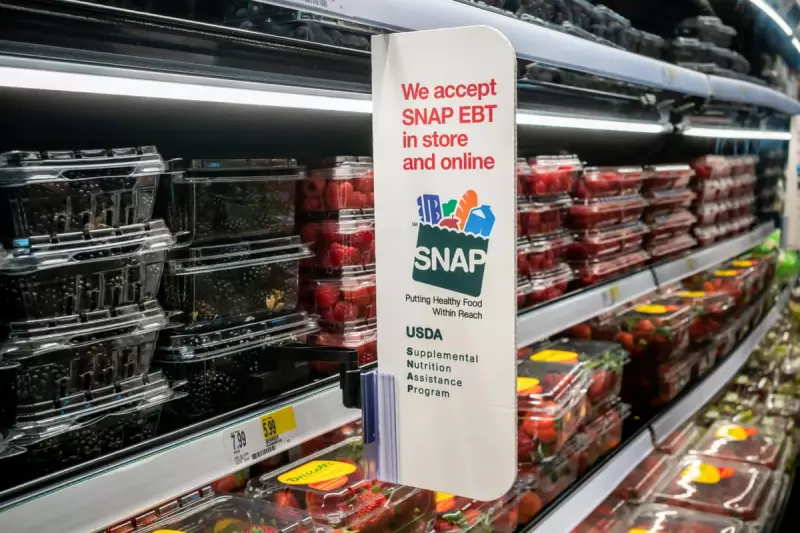
A coalition of US states has launched a legal challenge against the Trump administration, accusing federal officials of violating privacy protections for recipients of the Supplemental Nutrition Assistance Programme (SNAP).
The lawsuit centres on allegations that the administration improperly collected and shared sensitive personal data from individuals enrolled in the food assistance programme, commonly known as food stamps.
Growing Concerns Over Data Security
Legal representatives for the plaintiff states argue that the administration's actions represent a dangerous precedent in the handling of welfare recipients' confidential information. "This isn't just about policy differences - it's about fundamental privacy rights," stated one attorney involved in the case.
The controversy stems from recent policy changes that expanded data collection requirements for SNAP participants. Critics claim these measures go far beyond what's necessary for programme administration.
Administration Defends Policy
Officials from the Department of Agriculture have defended the data practices, insisting they're essential for preventing fraud and ensuring programme integrity. "We have robust safeguards in place to protect all participant information," a spokesperson commented.
However, privacy advocates remain unconvinced, pointing to potential risks of data breaches and unauthorised access to sensitive personal information.
Potential Wider Implications
Legal experts suggest this case could have significant ramifications for how government agencies handle personal data across various social programmes. The outcome may establish important precedents regarding:
- The boundaries of data collection for welfare programmes
- Recipients' rights to privacy
- Federal versus state authority in administering assistance programmes
The lawsuit comes amid ongoing debates about the balance between programme oversight and individual privacy rights in the digital age.





